“Who can trust a cop who don’t take money?”
|
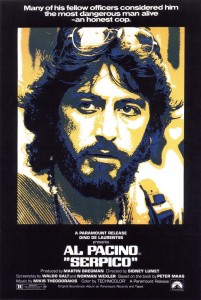
Synopsis:
An idealistic young cop (Al Pacino) hoping to work as a plains-clothes detective is dismayed to find both rampant police corruption and a culture of intolerance for those who don’t participate.
|
|
Genres, Themes, Actors, and Directors:
- Al Pacino Films
- Biopics
- Corruption
- New York City
- Police
Review:
Is there such a thing as an honest cop? After watching this adaptation of Peter Maas’s biography about NYPD officer Frank Serpico — whose refusal to accept pay-offs and attempts to expose endemic corruption nearly led to his death — you’ll scarcely believe it’s possible. The film is book-ended by Serpico’s career-ending facial shooting, so we know that what we’ll see for the next two hours will be nothing but a living nightmare for our would-be whistleblower — but watching his train wreck as it unfolds is morbidly fascinating, especially as Pacino shifts in and out of various undercover get-ups.
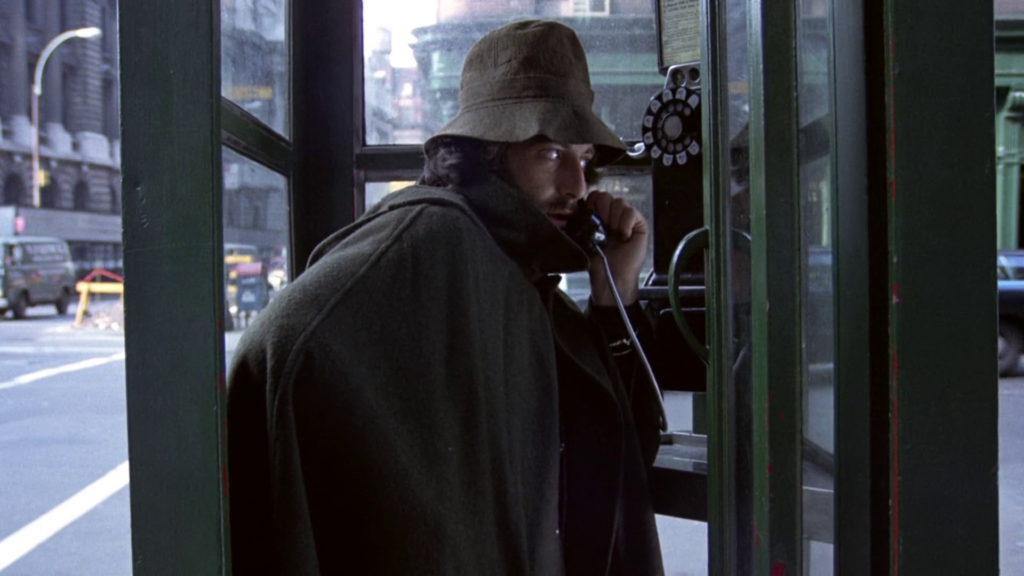 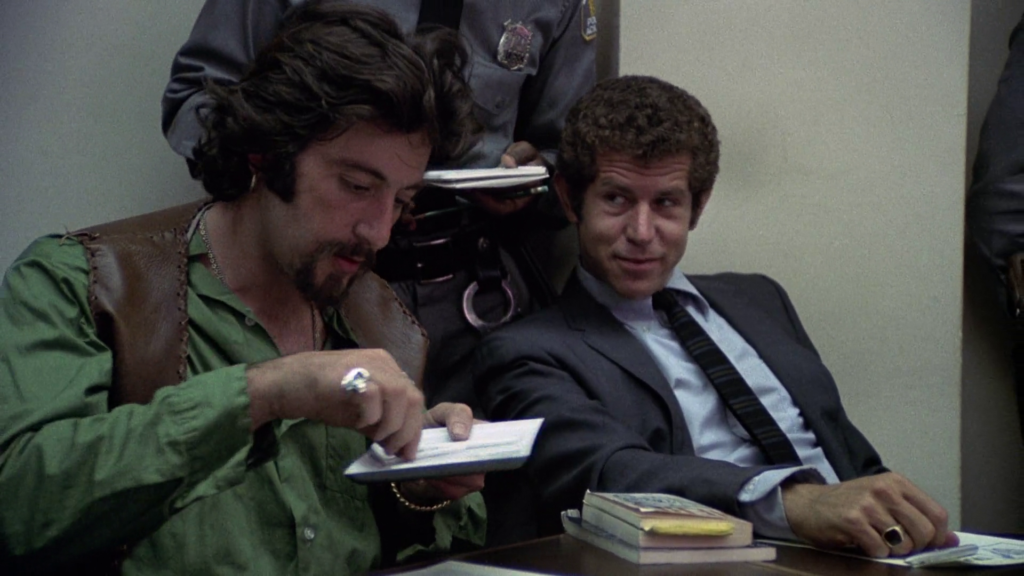
Director Sidney Lumet and DP Arthur Ornitz make impressive use of seemingly countless (actually 104) New York locales — and while Mikis Theodorakis’s invasive, maudlin score mars many scenes, the film is still worth a one-time look.
Note: Check out this 2010 New York Times docu-short in which the real Frank Serpico comments on the film, and we’re updated about his current life.
Redeeming Qualities and Moments:
- Al Pacino as Frank Serpico
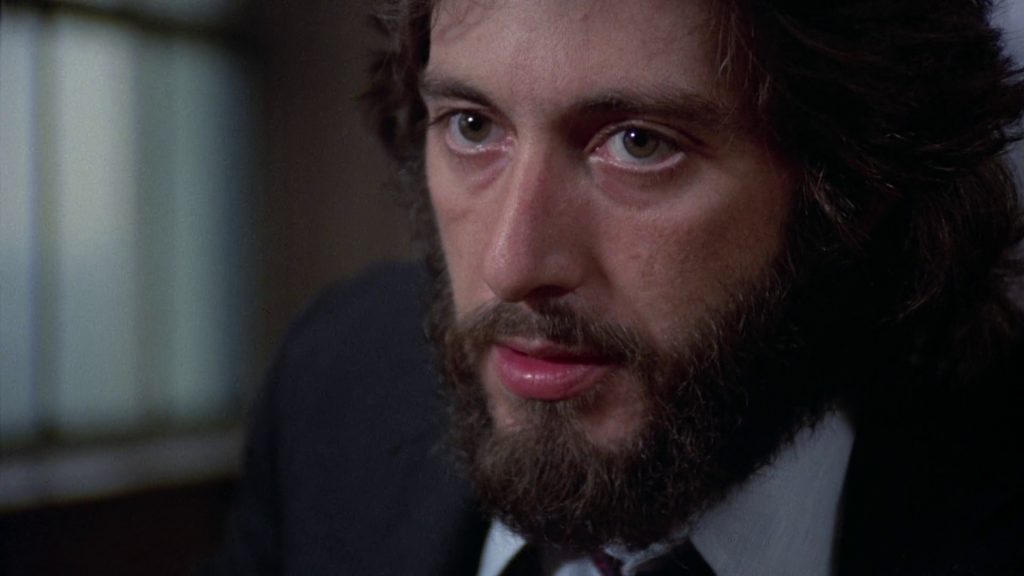
- Arthur Ornitz’s cinematography
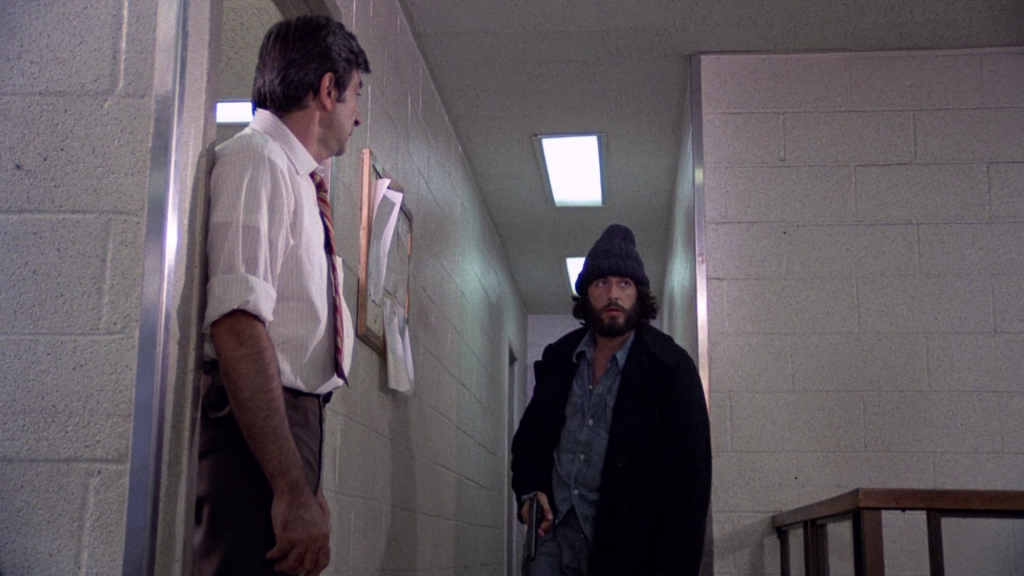
- Excellent use of authentic New York locales
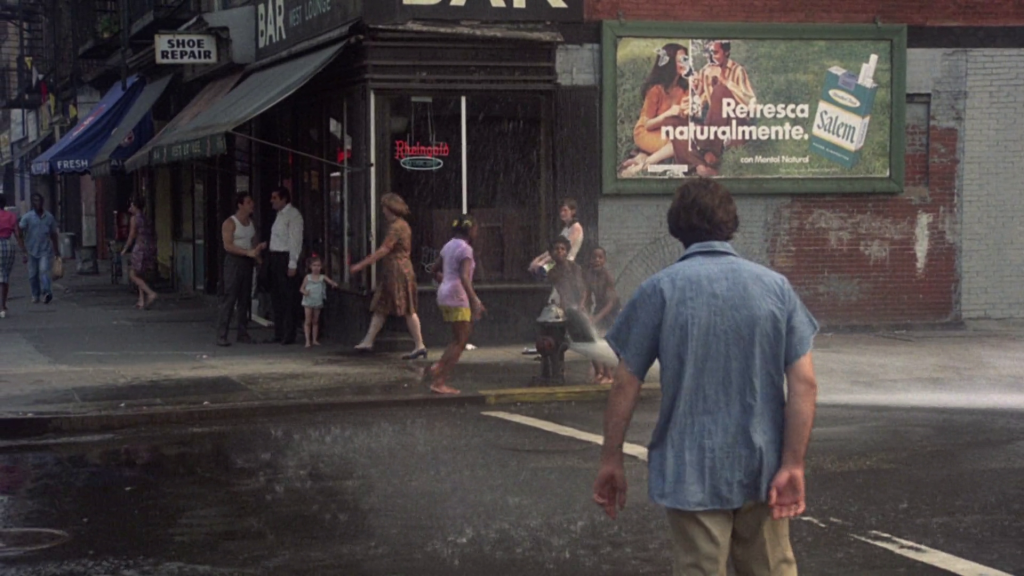
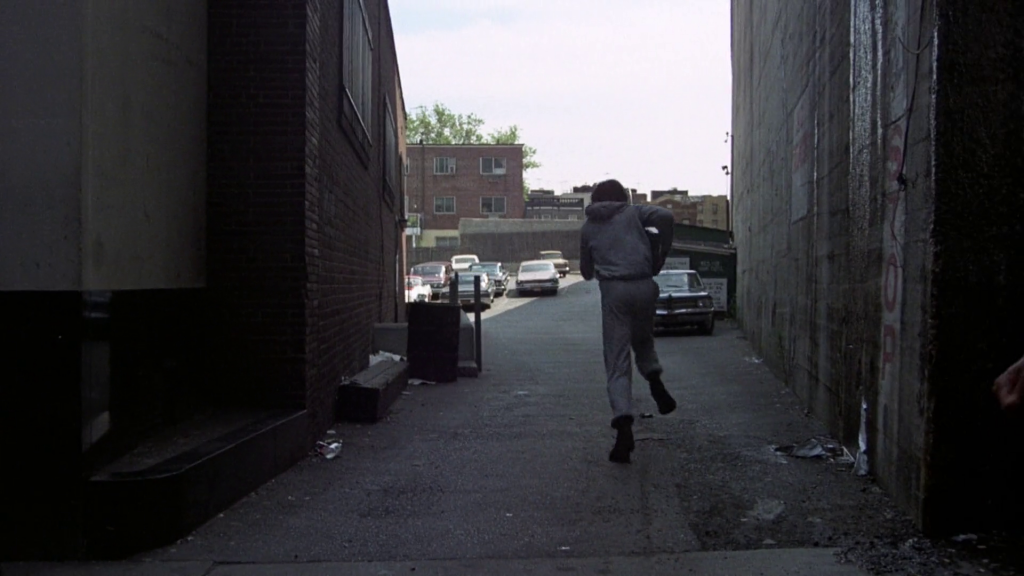
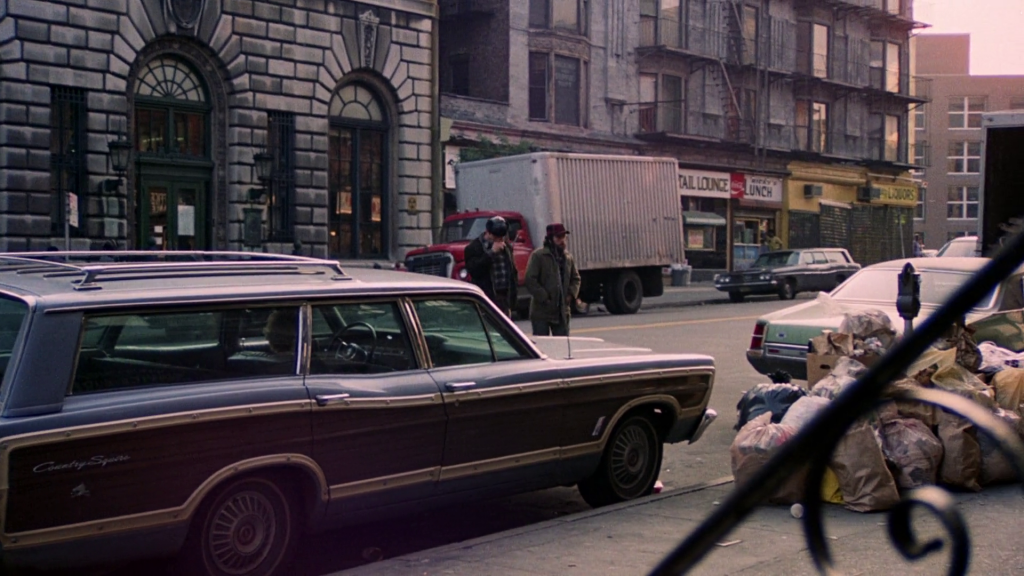
Must See?
Yes, as a finely crafted if disheartening character study and exposé.
Categories
Links:
|








2 thoughts on “Serpico (1973)”
⭐️⭐️⭐️⭐️
One of four hugely influential US crime dramas made around this time; the others are Dirty Harry (1971) ⭐️⭐️⭐️⭐️⭐️, The French Connection (1971) ⭐️⭐️⭐️⭐️ and Death Wish (1974) ⭐️⭐️⭐️⭐️.
This one like FC is based on truth and is a superb showcase for Pacino and it shows the grungy, seedy side of NYC and the corruption in the police force that was rife at the time.
A once-must at least – for its subject matter; also as one of Lumet’s best films (with remarkable and quite natural ensemble acting performances) and as a solid example of sturdy ’70s filmmaking.
First rewatch in many years.
—————————
This from Wikipedia:
When it was decided to make the movie about his life…Pacino invited Serpico to stay with him at a house that Pacino had rented in Montauk, New York. When Pacino asked why he had stepped forward, Serpico replied, “Well, Al, I don’t know. I guess I would have to say it would be because…if I didn’t, who would I be when I listened to a piece of music?” He has credited his grandfather who had once been assaulted and robbed and his uncle, a respected policeman in Italy, with his sense of justice.
—————————
The film remains as solid as when I last saw it. It’s gripping and almost simply impossible to believe. It’s frightening to think of the amount of truth in it about ‘payola’. But it’s a fine, all-around ‘good show’ in all aspects. I’m esp. taken with the editing by Dede Allen…and I don’t find the music score particularly troublesome.
When I was working at a literary agency in NYC, one of its clients was Frank Serpico. He was contracted to write his own book (which I don’t think he ever completed). He would come into the office once in awhile so I had the opportunity to speak with him at those times. I never mentioned the film; I guess I thought he might be more comfortable talking without the reference being made. He seemed like an extremely affable guy.